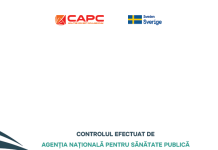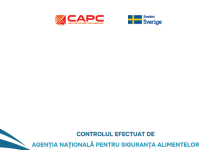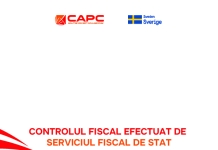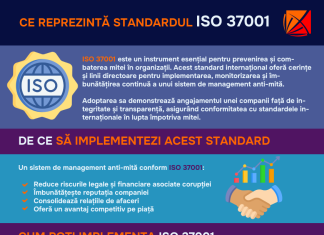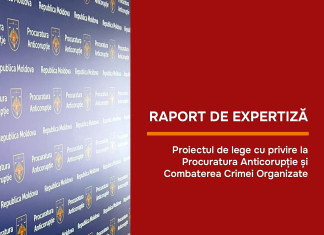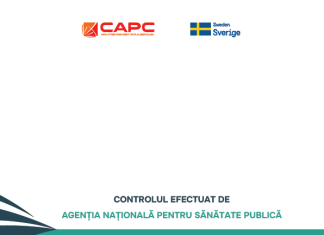The Study on the effectiveness of corruption mechanism in 2012 was made by the Centre for the Analysis and Preventing Corruption (CAPC) within the Project “Corruption proofing – phase V”, financial supported by the Civil Rights Defenders from Sweden aimed at analyzing the effectiveness of identification process of legal provisions likely to facilitate corruption acts. The study assesses the extent to which Parliament took into account the observations and recommendations of CAPC to avoid inclusion of corruption elements in laws passed.
During January 2, 2012 – January 31, 2013 CAPC analyzed 55 draft legislative acts placed on the website of Parliament and 10 draft legislative acts at express request of Ministry of Justice, Ombudsman Institution and National Commission for Integrity submitted to identify the provisions likely to facilitate the acts of corruption. The efficiency of the corruption proofing reports, prepared by the CAPC experts, was assessed in terms of the extent the 425 objections relating to the specific corruptibility elements, identified in the 14 draft legislative acts, adopted by the Parliament and published in the Official Gazette of the Republic of Moldova at the date of writing this Study. 217 objections of 425 were accepted, which represents an efficiency coefficient of 51.1% of the corruption proofing reports.



